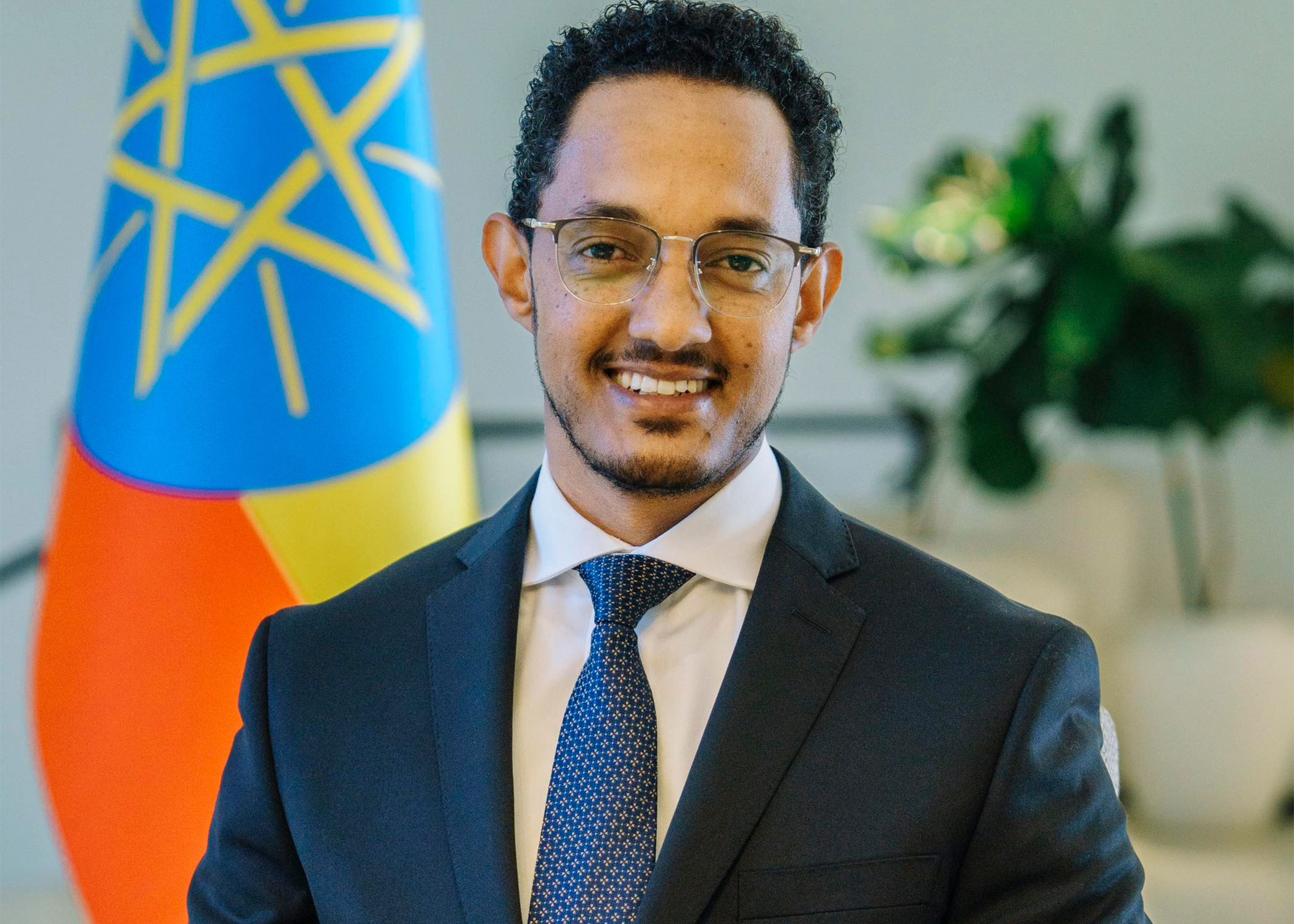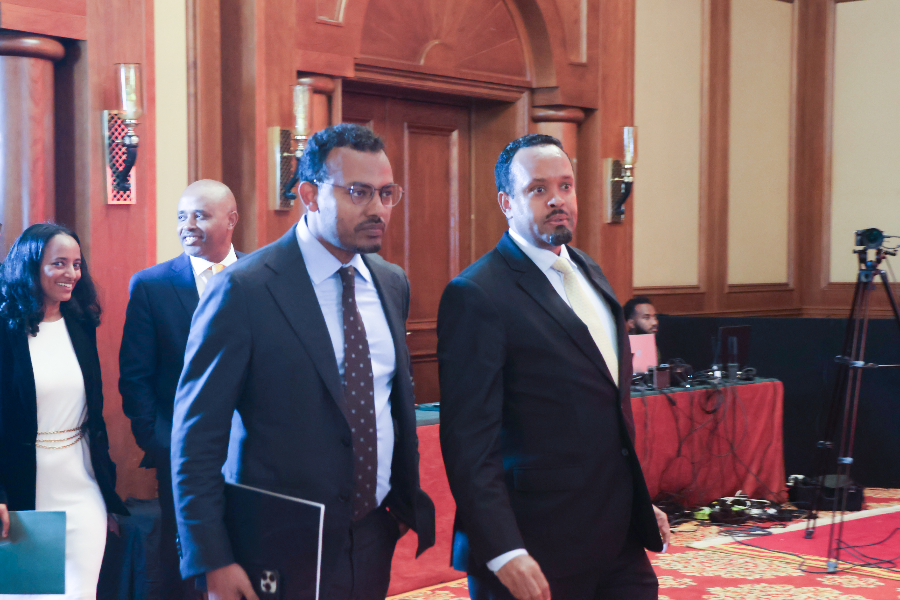
Finance Minister Ahmed Shide inked a comprehensive 13-article agreement with the Development Partners Group (DPG), a coalition of donors led by the United Nations and the United Kingdom. The rite, held at the Sheraton Addis Hotel, on Taitu St., was also attended by state ministers Eyob Tekalegn (PhD) and Semerta Sewasew, alongside the Minister of Planning & Development, Fitsum Assefa (PhD). The pact outlines a peculiar set of concessions, and a series of commitments to capitalise on the peace dividends stemming from the Cessation of Hostilities Agreement signed between the Federal government and the TPLF, with a keen eye on addressing the lingering insecurity and instability within the Oromia and Amhara regional states.
However, the core of the agreement anchored on ambitious economic policy objectives intricately woven into the broader framework of peace and stability. In a significant nod to ongoing dialogues with global financial institutions such as the IMF and the World Bank, as well as the G20 credit committee, Ethiopia has positioned itself to embark on a "major package of economic reform." This includes substantial debt relief and external financing, underlining the depth of the commitment to overhaul the economy. Pledges were made to promote a transition towards a more open, market-oriented, and private sector-led economy within the forthcoming 12 months. The mutual accountability pact, signed with the DPG representatives, Ramiz Alakbarov and Paul Walters, signifies the pressure on the federal government to undertake profound economic shifts and reveals the critical role of international cooperation.
PUBLISHED ON
Mar 16,2024 [ VOL
24 , NO
1246]

Fortune News | Jul 13,2025

Featured | Sep 08,2024

Commentaries | Oct 23,2021

Commentaries | Apr 13, 2025

Covid-19 | May 02,2020

Viewpoints | Jun 28,2025

Fortune News | Jun 17,2023

Viewpoints | Feb 20,2021

Commentaries | Jun 07,2020

Radar | Mar 16,2024

Dec 22 , 2024 . By TIZITA SHEWAFERAW
Charged with transforming colossal state-owned enterprises into modern and competitiv...

Aug 18 , 2024 . By AKSAH ITALO
Although predictable Yonas Zerihun's job in the ride-hailing service is not immune to...

Jul 28 , 2024 . By TIZITA SHEWAFERAW
Unhabitual, perhaps too many, Samuel Gebreyohannes, 38, used to occasionally enjoy a couple of beers at breakfast. However, he recently swit...

Jul 13 , 2024 . By AKSAH ITALO
Investors who rely on tractors, trucks, and field vehicles for commuting, transporting commodities, and f...

Oct 11 , 2025
Ladislas Farago, a roving Associated Press (AP) correspondent, arrived in Ethiopia in...

Oct 4 , 2025
Eyob Tekalegn (PhD) had been in the Governor's chair for only weeks when, on Septembe...

Sep 27 , 2025
Four years into an experiment with “shock therapy” in education, the national moo...

Sep 20 , 2025
Getachew Reda's return to the national stage was always going to stir attention. Once...